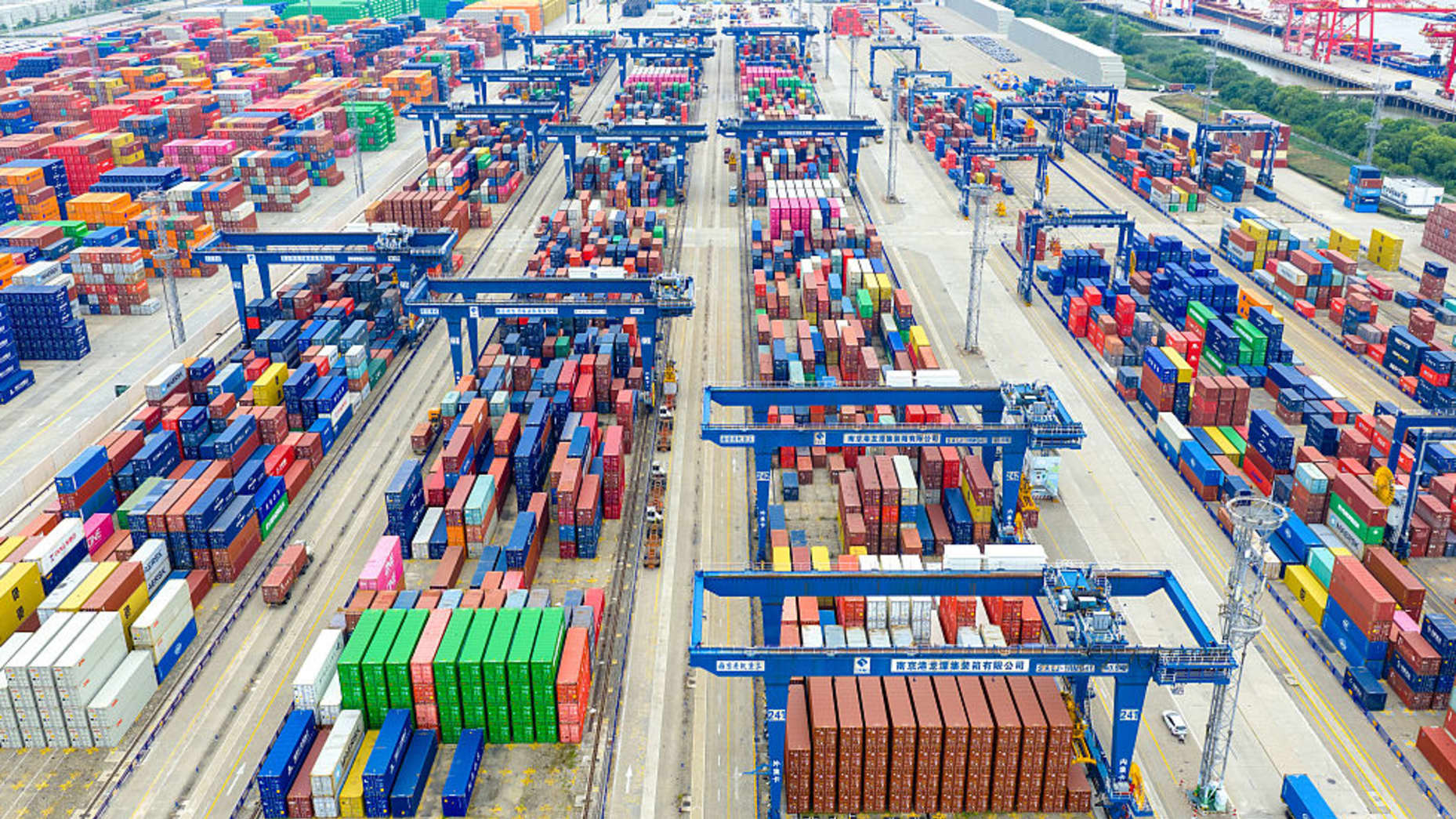
This week, the Organization for Economic Cooperation and Development (OECD) raised its forecast for global economic growth, expecting the global economy to grow by 3.2% in 2025, up from the previously predicted growth rate of 2.9% in June. OECD Chief Economist Alvaro Pereira stated that global economic growth in the first half of 2025 is expected to be more resilient than previously anticipated, mainly due to specific economic events in emerging markets like Brazil, Indonesia, and India, while strong investments related to artificial intelligence have boosted the U.S. economy, and China's fiscal support has outweighed the drag from trade headwinds and market weakness.
However, behind this economic upturn, there are still certain potential hidden dangers. The problems caused by the uncertainty of related policies and the rise in tariffs are yet to be fully revealed, and there remain significant risks to the global economic outlook. After experiencing multiple policy changes and the threat of U.S. tariffs, countries and regions around the world are still working hard to negotiate trade frameworks to reduce the impact of trade frictions, in the face of U.S. tariff rates as high as 50%. Since President Trump took office, the U.S. has significantly raised bilateral tariff rates on almost all countries. Over time, the chain reactions triggered by this unilateral policy will gradually become evident, especially in the labor market and consumer spending, although the OECD has made an upward adjustment to economic forecasts, the impact of U.S. tariffs will bring greater economic pressure to many countries.
The OECD has raised its forecast for global economic growth, which to some extent sends a positive signal to market development. Global economic growth means enhanced purchasing power for consumers and an expansion of market demand. For businesses, this is a great opportunity to expand operations, and as market demand increases, it will attract more companies into the market, stimulating market development. Furthermore, business expansion will create more job opportunities, resulting in a more optimistic employment outlook, stabilizing income sources and subsequently improving living standards. Additionally, global economic growth will promote trade exchanges between countries, leading to an increase in trade volume. The expansion of trade volume helps countries achieve optimal allocation of resources, improve production efficiency, and promote economic growth.
While the OECD's upward revision of growth forecasts brings positive effects, the associated risks cannot be ignored. The OECD's increase in economic forecasts has led to an expansion of corporate production scale and an increase in consumer demand, which may trigger a significant rise in the demand for raw materials, energy, and other basic commodities. If this demand exceeds reasonable limits, it could lead to inflation, hindering sustained economic growth. In addition, the risks of geopolitical conflicts and trade friction will also increase; regional conflicts may disrupt local infrastructure affecting energy production and transportation. Trade friction could result in both sides adopting trade protectionist measures such as raising tariffs and imposing trade barriers, hindering the normal development of international trade.
In summary, the OECD has raised its global economic growth forecast, which brings positive effects such as increased purchasing power, business expansion, more job opportunities, and a larger scale of trade, while also accompanying potential issues like inflation, geopolitical conflicts, and increased risks of trade friction. While seizing the opportunities presented by economic growth, it is crucial to actively prevent and mitigate related risks to achieve healthy and sustainable global economic development.

On January 7th local time, GameStop (GME.US) announced that the company's board of directors had approved a potential executive compensation package worth $3.54 billion, which was targeted at the company's CEO, Ryan Cohen. At the same time, this new compensation package set extremely high performance thresholds: Cohen, the CEO, needed to increase the company's market capitalization from $9.5 billion to $100 billion.
On January 7th local time, GameStop (GME.US) announced that…
According to the British media The Guardian, recently US Pr…
In today's era of deep integration of globalization and dig…
In early 2026, US President Trump forcibly took control of …
Recently, the corn market dynamics analysis released by Aus…
Donald Trump has proposed an "immediate" restriction on lar…